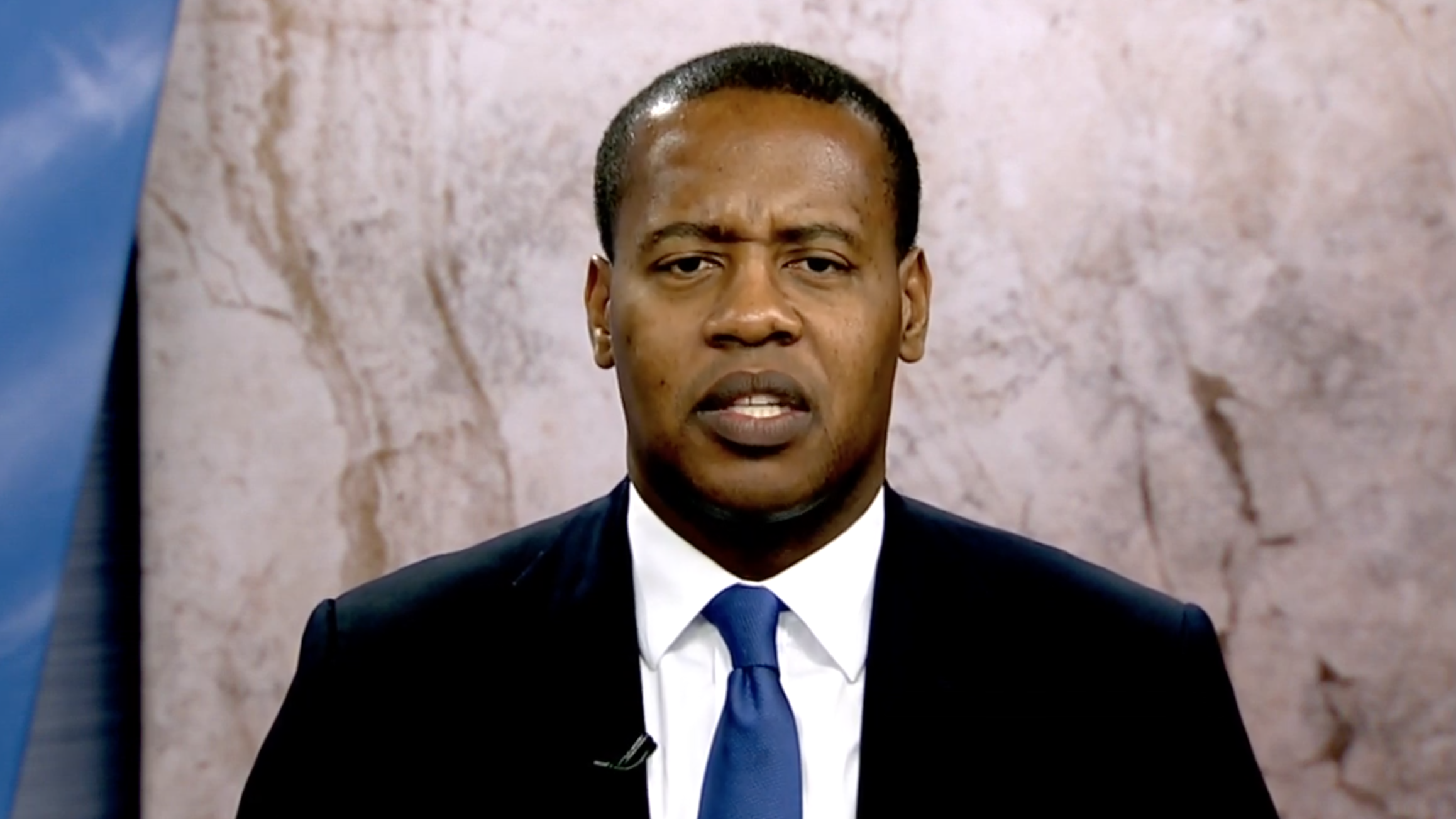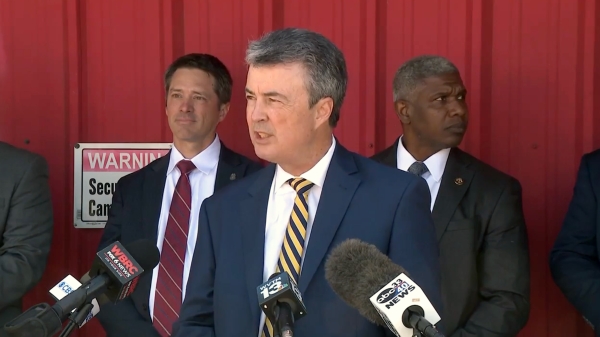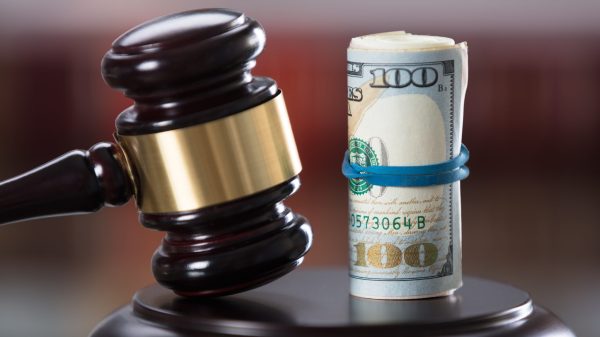|
Getting your Trinity Audio player ready...
|
In the wake of the U.S. Supreme Court overturning laws protecting women’s rights to personal health choices, stories across the country – and particularly in Republican-controlled states – of women being denied necessary medical treatment because doctors are scared of potential consequences have started to become more common.
With that in mind, Alabama House Minority Leader Anthony Daniels sent a letter to Attorney General Steve Marshall on Friday, asking that Marshall clearly define the subjective portions of Alabama’s abortion ban, the Human Life Protection Act, which passed in 2019.
The law, while specific in banning abortion even in the cases of rape and incest, is particularly vague in a number of key areas, and doctors and women across the state have been asking for clarification.
Daniels’ letter asks that Marshall issue an opinion – which is part of the AG’s job – that provides legal guidance on the law. Specifically, Daniels asks Marshall to define what constitutes an abortion, the parameters of a medical exceptions, how much leeway doctors will have in making subjective medical determinations and provide a legal definition of “woman,” and whether that term is being applied to minors.
“Without the type of clear and detailed legal guidance that I am requesting, doctors have recently expressed grave uncertainty regarding this law and have indicated that they may not treat certain types of patients due to possible criminal liability or that they may delay certain types of maternal care to ensure compliance with the law,” Daniels wrote. “This matter is of great urgency as mothers may be unnecessarily denied care as doctors seek legal guidance.”
A spokesperson for Marshall’s office told media outlets on Friday that the AG had no comment on Daniels’ letter.
In the meantime, Alabama doctors have been growing more concerned in recent days over the confusion that remains over the law. And health care workers at all levels have expressed outrage over the potential pitfalls in the law.
“Right now, I’m scared to even tell someone where they can go to get help,” said Mia Raven, the executive director of the POWER House, a women’s advocacy group and a women’s clinic worker. “We expected a lot when the (Supreme Court decision) was released, but I don’t think we ever imagined that our free speech would be in jeopardy. Our attorneys have told us that for now, we need to be safe and that includes not even telling anyone where to go for help.”
Raven, who was interviewed on the “Alabama Politics This Week” podcast, said she’s also heard of pharmacists being unwilling to distribute prescription medications because they’re unsure of their liability under Alabama’s laws.
Recently, CVS confirmed that its pharmacists in some states, including Alabama, were asking customers prescribed certain medications if they planned to use the drugs to end a pregnancy – a step the company said was meant to safeguard its pharmacists from liability laws in some states.
Earlier this year, Daniels also asked Gov. Kay Ivey to call a special session of the legislature for the express purpose of allowing lawmakers to come together and pass clarifying legislation to alleviate some of the problems created by the 2019 law’s implementation. Ivey almost immediately declined.























































